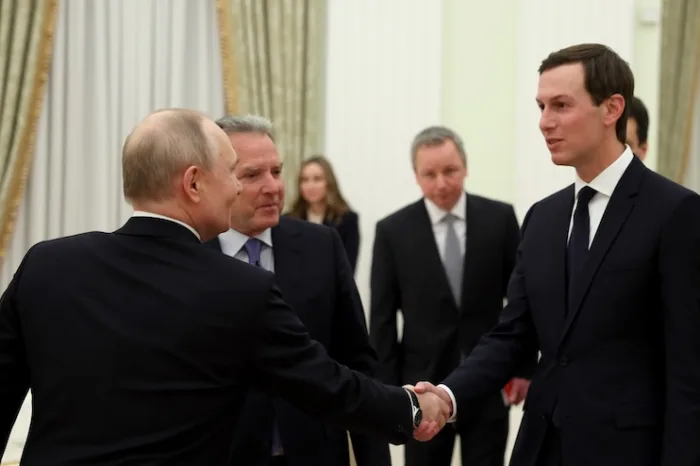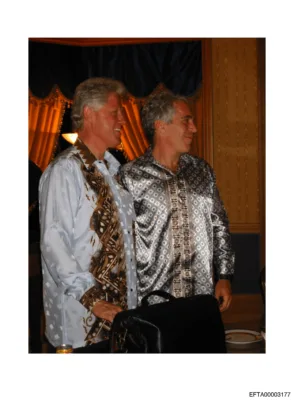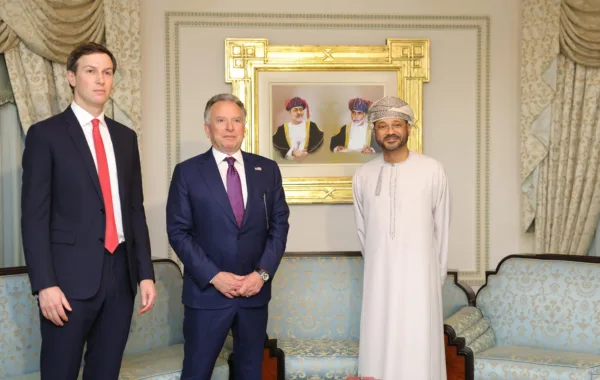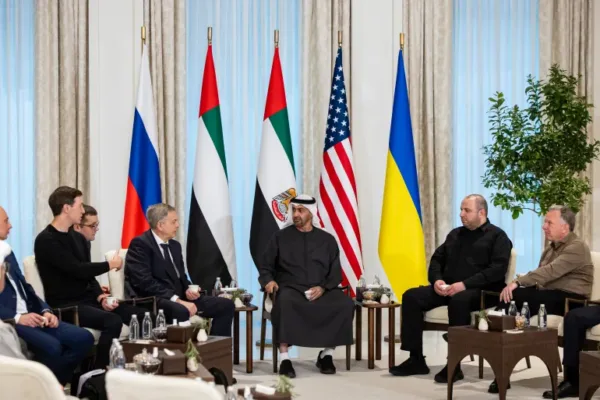Logic and timing of Turkey’s normalization with Egypt

Turkey and Egypt took a new step toward normalization, as a Turkish delegation, led by Deputy Foreign Minister Sedat Önal, visited Cairo following contact between intelligence chiefs and foreign ministers.
Negotiations between these two countries look nothing like the meetings between, say, Turkish and Greek delegations. On that front, Athens, under pressure from the European Union, participates in talks with Ankara without abandoning its maximalist demands. Greece attempts to win some time by ensuring future tensions.
The normalization process between Turkey and Egypt, by contrast, rests firmly on a different regional setting. The United States abandoned Saudi Arabia in Yemen and pursues a nuclear deal with Iran, which challenges the balance of power in the Middle East.
The leaking of a controversial recording of Iranian Foreign Minister Javad Zarif, where he complains about Qassem Soleimani, together with Russia, trying to block the 2015 nuclear deal, suggests that Tehran, too, wants to reach an agreement with Washington.
According to media reports, Brett McGurk, the U.S. National Security Council’s coordinator for the Middle East and North Africa (MENA), will visit Saudi Arabia, the United Arab Emirates (UAE), Egypt and Jordan to address their concerns about reinstating the nuclear deal.
Meanwhile, China signed a $400 billion “strategic” agreement with Iran and expressed interest in purchasing part of Saudi Aramco. Keeping in mind that Russia seeks to strengthen its relations with all parties in ongoing disputes and that Saudi Crown Prince Mohammed bin Salman (MBS) talked about building a “distinguished” relationship with Iran, it becomes possible to appreciate the multi-party setting of the current level of activity.
That’s why rapprochement between Ankara and Cairo, which directly relates to maritime delimitation in the Eastern Mediterranean and the situation in Libya, represents a fresh chapter between Ankara and Abu Dhabi as well.
Riyadh-Ankara front
For the record, Saudi Arabia continues to boycott Turkish products and has taken steps to shut down eight Turkish schools within its borders, but it is not removed from the normalization process either.
It is clear, nonetheless, that Riyadh prefers to talk to the Iranians before the Turks – possibly to stop attacks by the Houthi rebels, a major security problem, and to find an honorable way out of Yemen.
At the same time, the Saudis put to test Turkey’s expression of “respect” for Riyadh’s Jamal Khashoggi trial.
After all, the Biden administration’s conciliatory tone may have eased MBS’ mind, but the crown prince knows that the Khashoggi file remains extremely significant to his future rule.
As such, reestablishing trust over the Khashoggi murder is the single most important issue between Turkey and Saudi Arabia.
End of ‘orb alliance’
The collapse of the Trump-era “orb alliance” and its failure to reshape the Middle East compels the Saudis to reassess their situation. The political and sectarian rivalry between Riyadh and Tehran, which has been around for a long time, however, is unlikely to give way to rapprochement quickly.
How can Saudi Arabia, which leads the anti-Iran bloc, successfully compete with Iran, which no longer faces major obstacles in its way? Does it have any reason to believe that Tehran has abandoned Shiite expansionism?
Quite the contrary, the Iranians will look to cement everything they gained over the last four decades – regardless of whether moderates or hardliners are in power. Under those circumstances, Riyadh may end up repairing its relationship with Ankara quite swiftly.
The Muslim Brotherhood
Some observers attempt to portray Turkey’s rapprochement with Egypt as a “concession” or accuse the Turks of “selling out the Muslim Brotherhood.”
Others say that the ruling Justice and Development Party’s (AK Party) proactive policy hit a “dead end” and the movement “admitted” to the collapse of its “Muslim Brotherhood belt” policy.
The folks who make such assessments suffer from a condition, which results in viewing regional dynamics from the worst possible angle for Turkey and to the advantage of others. It goes without saying that “selling out” dissidents, who fled authoritarian regimes, is absolutely out of question.
Ankara, which welcomed such asylum-seekers, has never pursued “regime change” in their home countries anyway.
Moreover, all regional powers, including Turkey, Egypt, Saudi Arabia, Israel and the UAE, simultaneously pursue normalization for their own sake.
Turkey’s heightened level of activity, and use of hard power as needed, in the MENA, the Gulf, the Red Sea and the Eastern Mediterranean strengthens, as opposed to weakens, its hand at the negotiating table.
The same goes for all other regional powers. Turkey would have lost its status as an influential player in the region, had it not experienced tensions with certain countries, with which it now pursues normalization.
Let us not forget that the status quo powers, which crushed the Arab revolts, have been targeting Turkey, too, since 2013. Normalization will only take place based on mutual consent and as a result of fresh assessments.
This article was first published by Daily Sabah on May 5, 2021.























